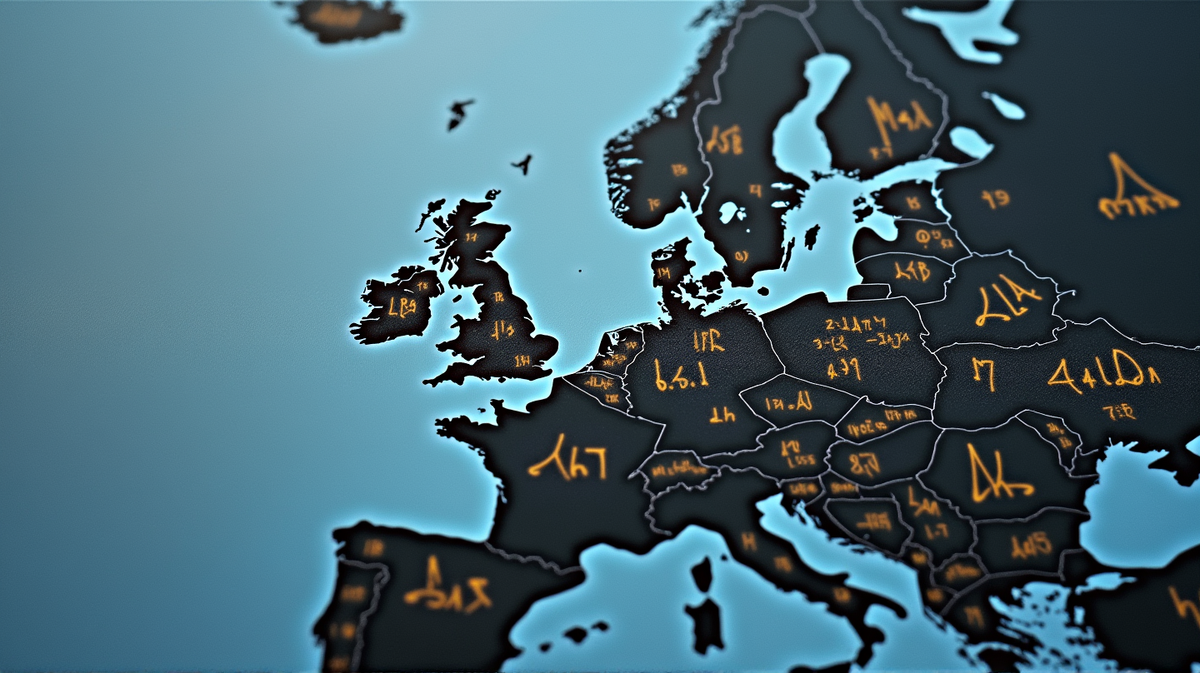EU Eyes Bold Move on Russia’s Frozen $280 Billion for Geopolitical Leverage

In an unprecedented move, the European Union is deliberating over the possible confiscation of a portion of Russia’s $280 billion in frozen assets. As reported by Bloomberg, this remarkable course of action seeks to exert strategic geopolitical pressure and leverage amid escalating tensions.
The Frozen Funds Saga
The story behind the frozen assets dates back to the aftermath of Russia’s international disputes, where a multitude of assets were seized as a part of economic sanctions. Over time, these frozen funds have amassed to a staggering $280 billion, encapsulating the financial tremors caused by geopolitical friction.
Analyzing the Impacts
Confiscating these assets could result in wide-reaching implications on the global stage. Not just economically, but diplomatically as well. On one hand, the EU sees this as a potential leverage tool, aiming to push back against Russia’s global maneuvers. On the other, it opens up a diplomatic Pandora’s box of retaliatory measures and discussions on international property rights. According to The Kyiv Independent, this move could redefine the dynamics of global diplomacy and sanctions.
Legal and Ethical Considerations
Underpinning the EU’s decision are complex legal and ethical debates. Confiscating state-owned wealth not only challenges international law principles but also raises questions of moral righteousness. Analysts argue whether the repercussions of such an act could erode the trust embedded within the international financial systems.
The Blooming Concerns
The idea of confiscating frozen assets is not without its challenges. Political leaders within the EU are contemplating the potential backlash and economic repercussions. Concerns stem from how other nations might react and the precedent it sets for future international conflicts.
Geopolitical Ramifications
In the web of international relations, this move by the EU could trigger a reshuffled balance of alliances. Russia’s response, under such a pretext, could be swift and severe, altering alliances and economic partnerships on a whim. As stated in The Kyiv Independent, this maneuver could either solidify the EU’s position or destabilize delicate geopolitical equilibriums.
Conclusion
Only time will reveal the extent of this consideration. As the EU assesses this bold move, the international community watches with bated breath, knowing that this decision could not only reshape economic landscapes but also redefine the unwritten rules of international conduct. Meanwhile, the frozen $280 billion remains a testament to the complex interplay of political power and financial strategy.





